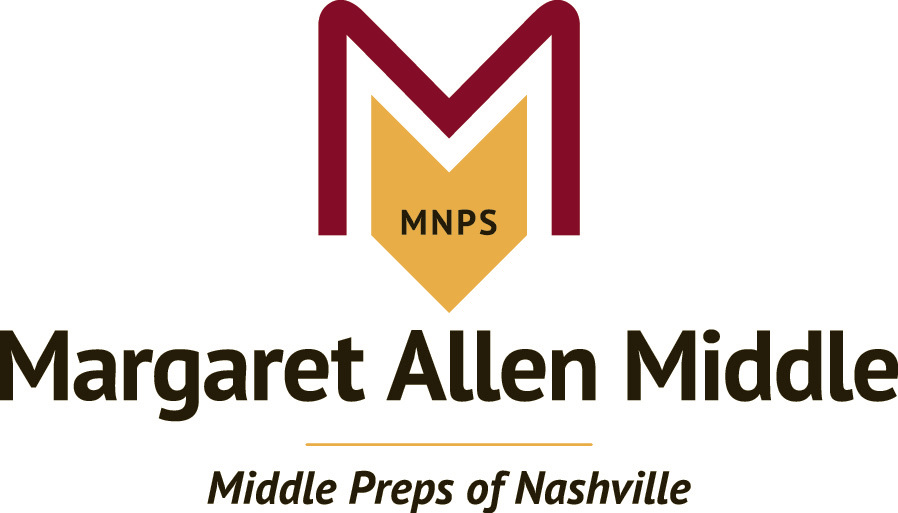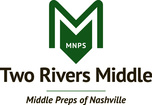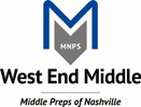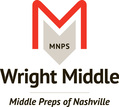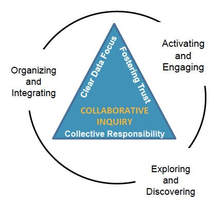 I hope you enjoyed the snow days. I know that I did. Now, it is time to get back to the important work of supporting student success. Prior to the snow break, I had the privilege of working with to MNPS teams--Learning Technology and the SE Quadrant Leadership. During the two meetings, the collaborative inquiry process was used to facilitate discussion to dialogue to decision making. To learn more about the work being done by both of these outstanding teams, click on the below links.
If you have a collaborative story to share or would like to request assistance, please contact Margie Johnson at [email protected].
0 Comments
The Department of Equity and Diversity offers a wonderful professional learning experience called the Poverty Simulation. After participating in the poverty simulation, participants engage in a data dive during the Poverty Simulation follow-up meeting to discuss action steps for supporting student success.
For the poverty simulation follow-up meeting, participants engage in a data dive by reviewing various data warehouse reports, including Assessment Details by Subgroup for TLA, MAP, and/or ACT; Attendance Dashboards for 2017 through 2014, and Behavior Dashboards for 2017 through 2014. To see specific details from each follow-up meeting, click on the name. If you have a collaborative inquiry story or are interested in learning more, please contact Margie Johnson at [email protected]. 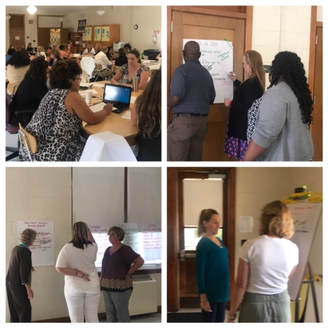 Kassie Williams, a coordinator for the MNPS Exceptional Education department, is using the collaborative inquiry process to work with coaches this semester. One session is planned for September, October, and November. The first session was held on September 20, 2017. The purpose of these sessions is to foster a culture of collaboration for supporting student success. The primary outcome for this meeting was to allow the exceptional education staff to leverage their collective expertise in addressing four focus areas:
To learn about their work and the workshop, please go to www.mnpscollaboration.org/exceptional-education-coaches.html If you have a collaborative inquiry story or are interested in learning more, please contact Margie Johnson at [email protected].
After a brief discussion about SMART goals, draft goals were generated during this session. We are still working to finalize their goals for their deadline of October 6th.
I was honored to work with such a talented group of professionals. Keep up the wonderful work!! If you would like assistance with facilitating your team using the collaborative inquiry process, please feel free to contact Margie Johnson at [email protected]. One theory I now see in practice often is Maslow's Hierarchy of Needs. The premise of Maslow's theory is we need to have basic needs met BEFORE we can be in a psychological state for learning. Not only have I seen this theory in action at MNPS but with one of my own sons. Hence, the reason I'm excited about the work that the MNPS SEL department is leading in our district. Schools that are working to develop a safe, welcoming culture and climate are well on their way to increasing student success. I share about this collaboration not only to applaud them for their work in supporting student basic needs to foster learning, but to highlight how they have embedded the collaborative inquiry in their work. If your school chooses to have a culture and climate walkthrough using the tool that the SEL department developed through collaboration with national experts, then the collaborative inquiry process is used to analyze the data and develop next steps. To see an example of the collaborative inquiry process in action, please see the below minutes from Goodlettsville Elementary school's walkthrough. Babs Freeman-Lotis, from the SEL department, facilitated the discussion. Do you have examples or ideas for how the collaborative inquiry process might be used? If so, please feel free to contact Margie Johnson at [email protected].
In the last blog post, we talked about how it’s that time of year to begin planning for the 2017-2018 school year. Dr. Dottie Critchlow is taking the SIP process one step further by modeling the collaborative inquiry process with her network principals to establish network improvement goals and plan. Activating and Engaging The discussion began by activating prior knowledge with an activity entitled, Got it! Need It!. Individuals identified what they knew about the SIP process and what they need to know (see below chart). We also discussed their vision for the network (see below chart). Exploring and Discovering During the exploring and discovering phase the critical part is to avoid making inferences and explanations about the data. Instead, this phase is about sticking to just the facts and reporting observations. This phase begin with a brief overview of collaborative inquiry and a quick calibrating activity. Principals then divided into small groups to make observations of their assigned data reports from the MNPS Data Warehouse. The reports used for this session were:
Some excellent observations were made of the data (see below charts). Organizing and Integrating |
|||||||||||||||||||||||||||||||||||||||
Plus
| Suggestions for Improvement
|
Workshop Resources
| sip_planning_feb23_2017.pptx | |
| File Size: | 13302 kb |
| File Type: | pptx |

I am excited to share that over the past 4 weeks collaborative inquiry is being used in several places throughout MNPS. Below are summaries and links to pages with more information, so we can learn more about how schools are using collaborative inquiry to support student success.
If you need support with collaborative inquiry and/or have a spotlight story to share, please feel free to contact Margie Johnson at [email protected].
Glencliff Elementary--September 15, 2016
Ms. Julie Hopkins, principal at Glencliff Elem, and her leadership team used the collaborative inquiry process to begin discussing and developing a communication plan for 2016-2017 school year. Learn more about their collaborative work HERE.
Haynes Middle Health/Medical Science Design Center--September 19, 2016
Haynes Middle Magnet Design Center's leadership team used the collaborative inquiry process to review culture and climate data, identify theories of causation, and chart next steps, which included leadership team members using the collaborative inquiry process to allow staff members to make observations of the data to get their feedback prior to identifying theories of causation. Learn more about their collaborative work HERE.
Two Rivers Middle--September 20 & 28, 2016
In September 2016, Two Rivers engaged in the collaborative inquiry process to use i-Ready data for establishing SIP goals for literacy and numeracy for the 2016-2017 school year. Learn more about their collaborative work HERE.
Curriculum and Instruction Meeting--September 30, 2016
During September 30th, Curriculum and Instruction meeting the collaborative inquiry process was used to review middle school literacy plans, make recommendations, and see the Tales of Two Feedback Conversations. It was a model of Dr. Springer's ELP meeting, which was held on September 29th at JFK Middle Prep. Learn more about the collaborative work HERE.
Two Rivers Middle--October 10, 2016
On October 10, 2016, Two Rivers Middle used the collaborative inquiry process to take a data dive into their district benchmark data. Grade level subject area teams made observations of the data, generated theories of causation, and developed next steps for supporting student success during the next 9 weeks. Learn more about their collaborative work HERE.
John Early Middle--September 28 & October 10, 2016
John Early Museum Magnet Middle Prep used the collaborative inquiry process to review culture and climate data, generate multiple theories of causation, and chart next steps. Dr. Margie Johnson facilitated two meetings. The first one was with the administrative team. The second meeting was with the entire faculty. Learn more about their collaborative work HERE.
CTE Cohort--October 11, 2016
A cohort of CTE teachers learned how the MNPS Data Warehouse can help them support student success. The collaborative inquiry process was modeled while teaching them about the most common data warehouse reports. Learn more about their collaborative work HERE.
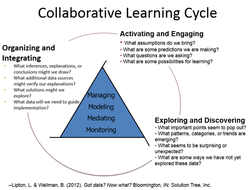
Collaborative inquiry as defined by the MNPS Community of Practice is a data-based team process that consciously uses the collaborative learning cycle (activating and engaging, exploring and discovering, and organizing and integrating) and the qualities of effective groups (fostering a culture of trust, maintaining a clear focus, taking collective responsibility and data-informed decision-making).
To access the workshop materials and to see their observations and initial theories, go to http://www.mnpscollaboration.org/group-data-exploration-pli-2016.html.
I cannot wait to see how schools engage in collaborative inquiry during the 2016-2017 school year to support teacher and student success.
If there is anything I can do to assist and support you, please feel free to contact me at [email protected].
Happy Summer!
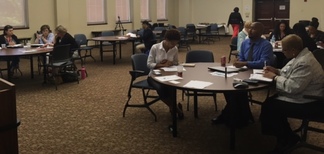
Since we have the collaborative inquiry community of practice among 5 middle schools and asked them to develop an implementation plan for implementing collaborative inquiry, the need to have this discuss at central office arose. The meeting to discuss central office’s role in supporting collaborative inquiry was held on Thursday, May 19th from 11 AM to 2 PM.
Overall, it was a very productive meeting where we used collaborative inquiry practices by using the Teacher Data Use Survey data from the community of practice schools as a springboard for how to best support schools. We had a lively conversation and some great ideas were generated.
To learn more about the meeting, including the agenda, PowerPoint, minutes, and pictures of charts, please go to http://www.mnpscollaboration.org/collaborative-inquiry-working-group.html.
I also videotaped the session because several schools requested to see videos with collaborative inquiry being modeled. Once I have the videos ready, I will post them to our toolkit and notify you via a blog post.
Please note that I am always here as a support for this work and several central office staff have received training as well. I’m happy to meet with you and your team to discuss the best way your school and/or department can foster a culture of collaborative inquiry. Ultimately, my vision is for the expertise throughout MNPS and school community be leveraged for supporting student success.
Contact me, Margie Johnson, at [email protected].
Hope you all have a wonderful summer.
Email Subscription
Click HERE to subscribe to receive emails for the blog posts.
Archives
February 2018
January 2018
December 2017
November 2017
October 2017
September 2017
August 2017
July 2017
June 2017
May 2017
April 2017
March 2017
February 2017
January 2017
December 2016
November 2016
October 2016
September 2016
August 2016
July 2016
June 2016
May 2016
April 2016
March 2016
February 2016
Categories
All
Agenda Template
Behavior Plan
Central Office
Collaboration
Collaborative Professionalism
Collective Efficacy
Community Of Practice
Community Partners
Component A
Component B
Component C
Conference Presentations
Culture
Data Guide
Equity And Diversity
Evaluation Plan
Exceptional Education
Family Engagement
IC Map
Laura Lipton
Leadership
Leading Collaborative Teams
Literacy
Maximizing Time
Mission
MNPS Data Warehouse
NAZA
PreK
Psychological Safety
REL Appalachia
Relational Load
Research
School Spotlight
SEL
SIP
Social Capital
TDUS
Trust
Vision
Welcome
Workshop Materials
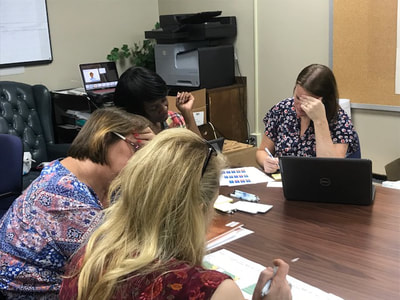
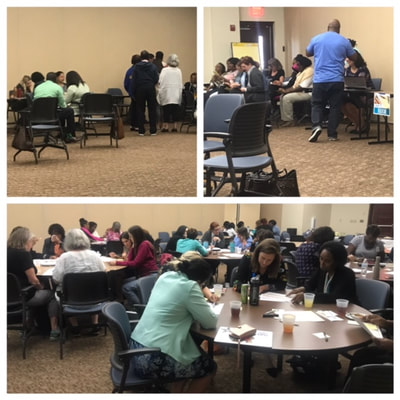
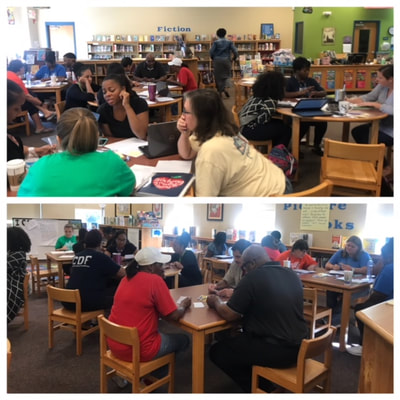
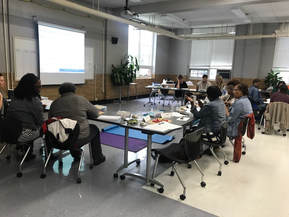
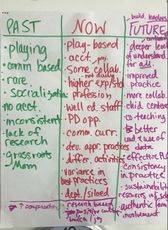
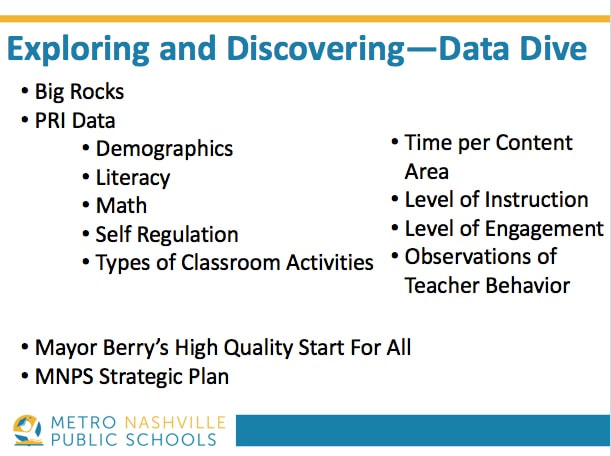
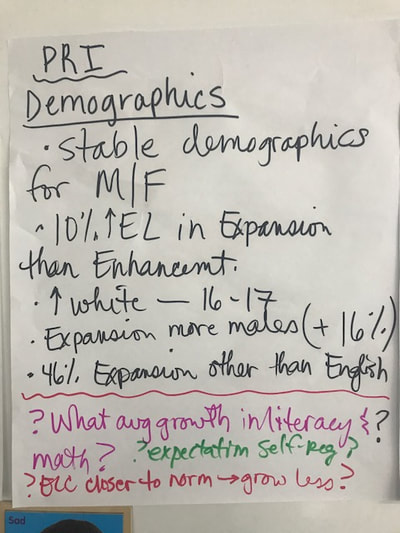
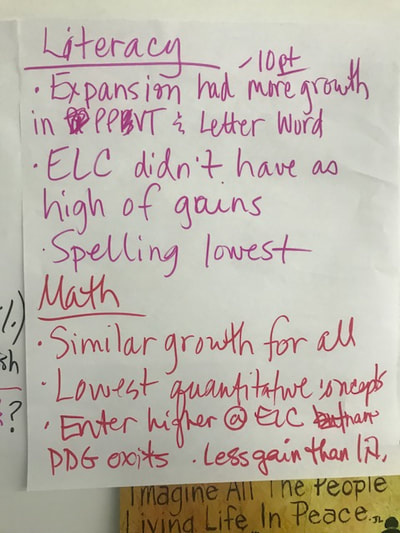
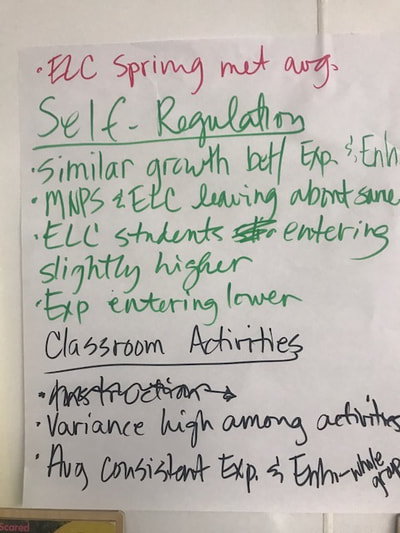
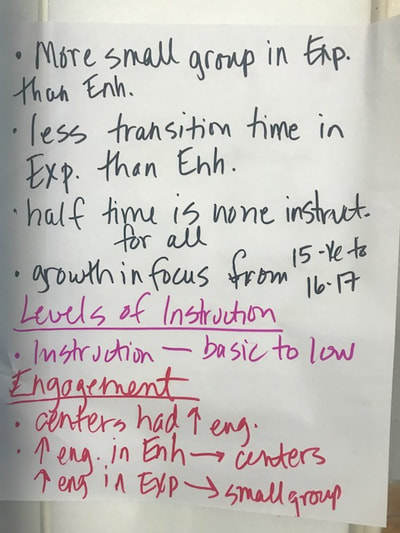
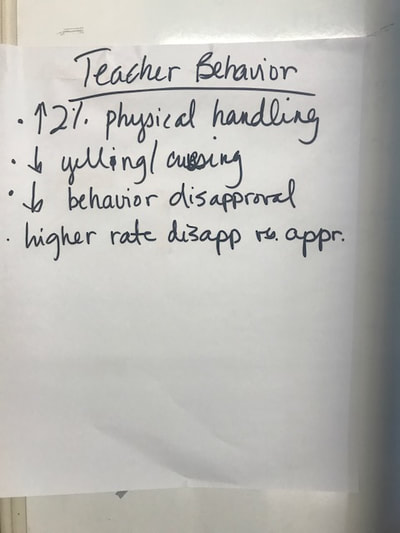
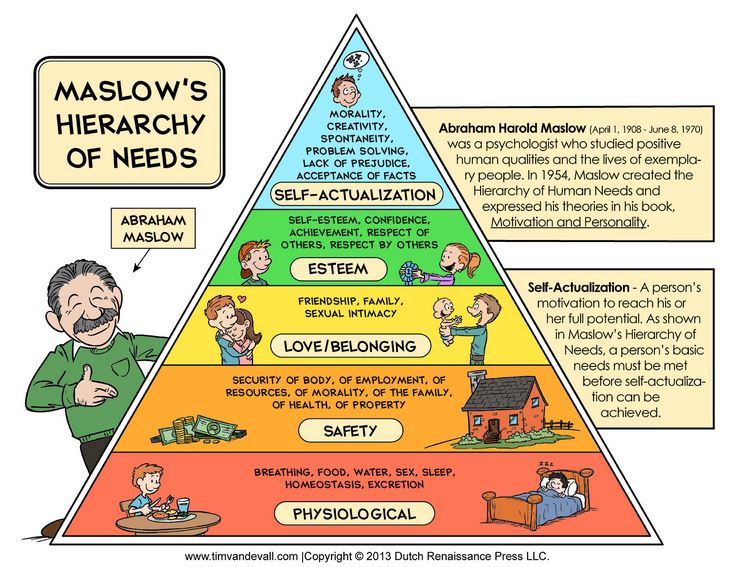
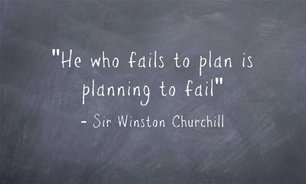
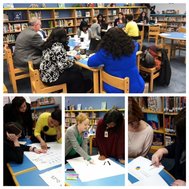
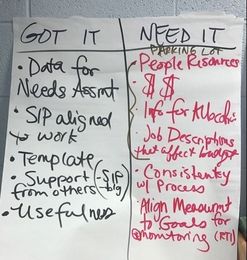
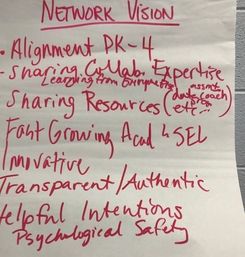

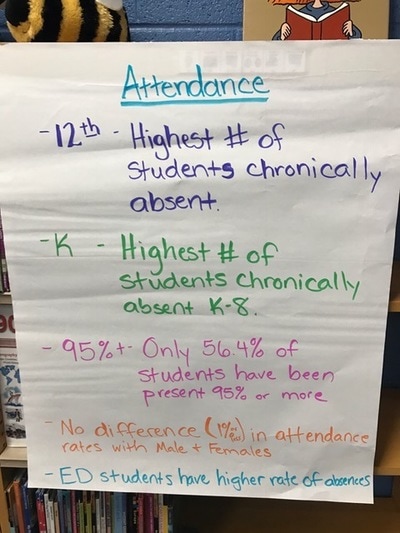
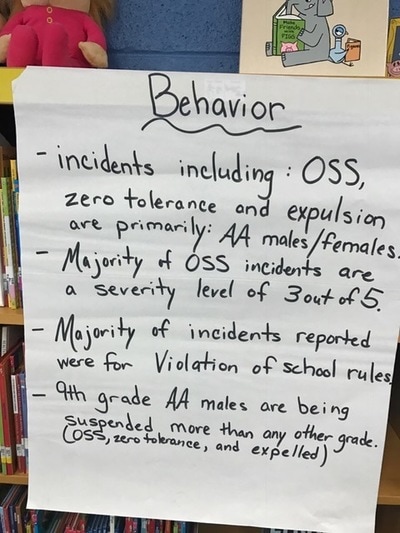
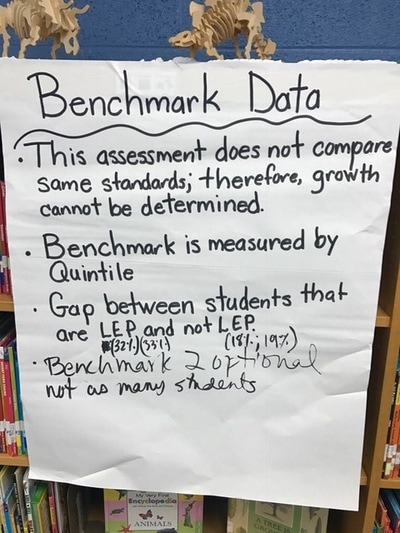
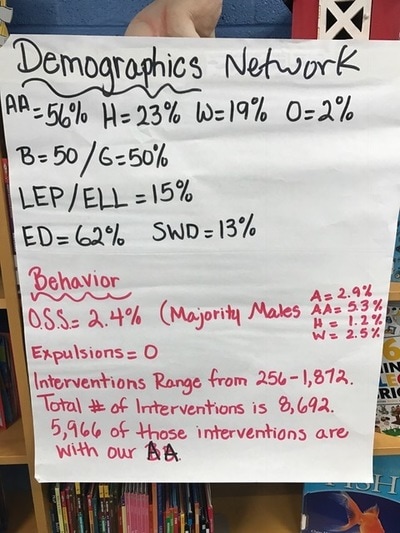
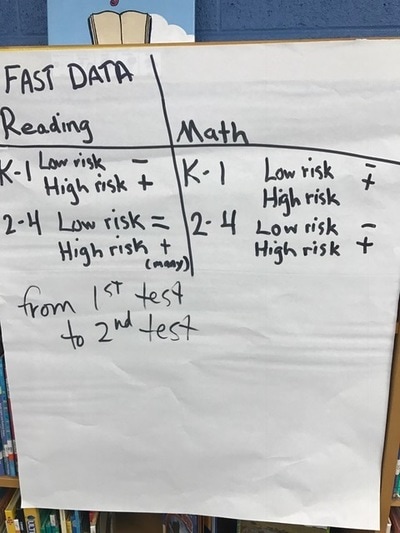
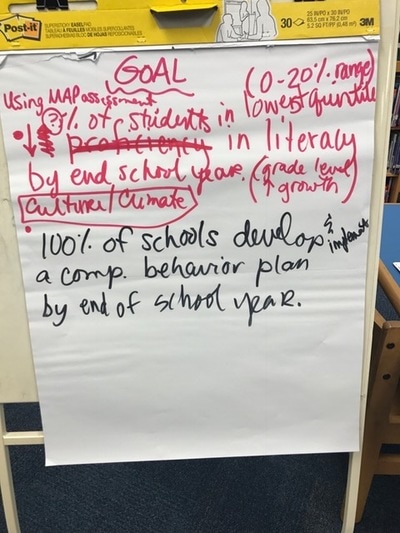
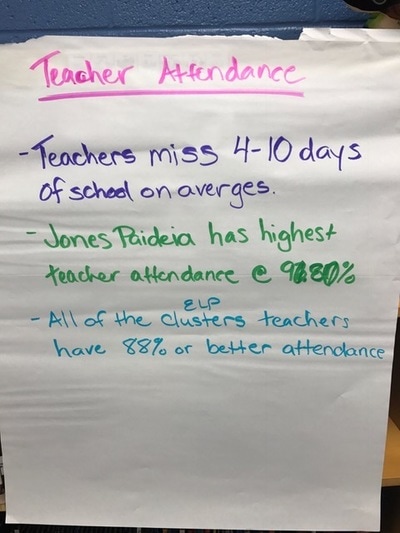
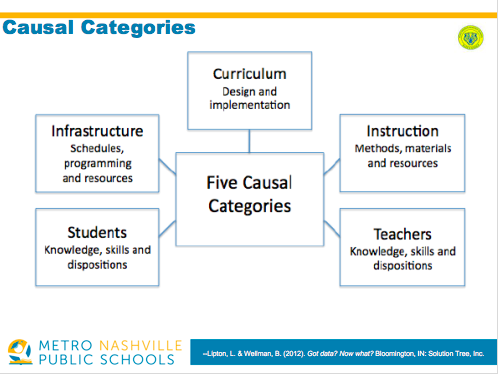
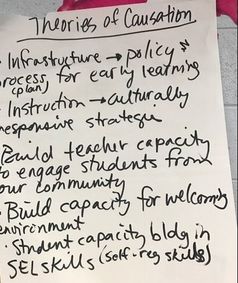
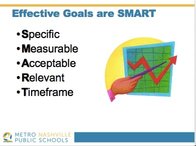
 RSS Feed
RSS Feed

